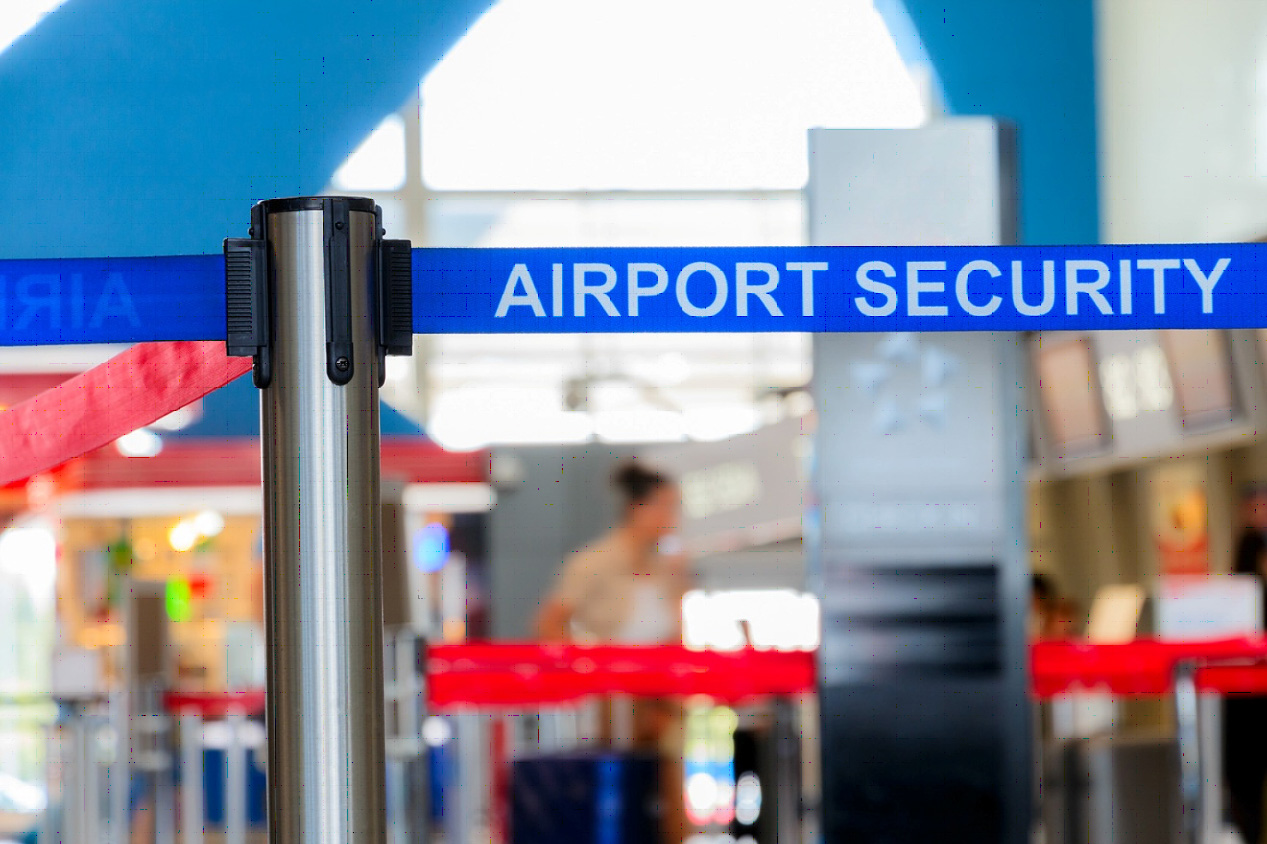IIBA

Established security practices in the field of civil aviation entail the application of technical, human and procedural measures at airports in order to prevent the introduction on board aircrafts of objects which can be used to commit unlawful acts. Case studies specific to this field have shown that these measures do not prove to be sufficient, effective and operational in all cases.
In this context, the role of IIBA operational activity is to complement the overall security system by using special anti-terrorist intervention forces on board aircrafts.
The purpose of an IIBA program is to prevent terrorists from capturing an aircraft that can later be used as a means of mass destruction on the ground.
International regulations with direct applicability in the field of IIBA:
- The 1944 Convention on International Civil Aviation – Chicago, Annex 17, points 4.7.4, 4.7.5, 4.7.7, 4.7.8;
- The 1963 international Convention on Offenses and Certain Other Acts Committed on Board Aircrafts – Tokyo, amended by the 2014 Montreal Protocol;
- The convention on the stepping up of cross-border cooperation, particularly in combatting terrorism, cross-border crime and illegal migration – Prum, 2005;
- Regulation (EC) 300/2008.
Annex 17 to the 1944 Chicago Convention provides that IIBA is carried out according to “the threat assessment of the competent authority”.
The Romanian Intelligence Service is the national anti-terrorist authority in Romania, the only state institution holding the necessary information to carry out a relevant assessment in a niche area: terrorist risks to aircraft in flight, distinct from the general security risks to civil aviation (in this case, the assessment is the responsibility of the national civil aviation authority – RCAA).



Social media